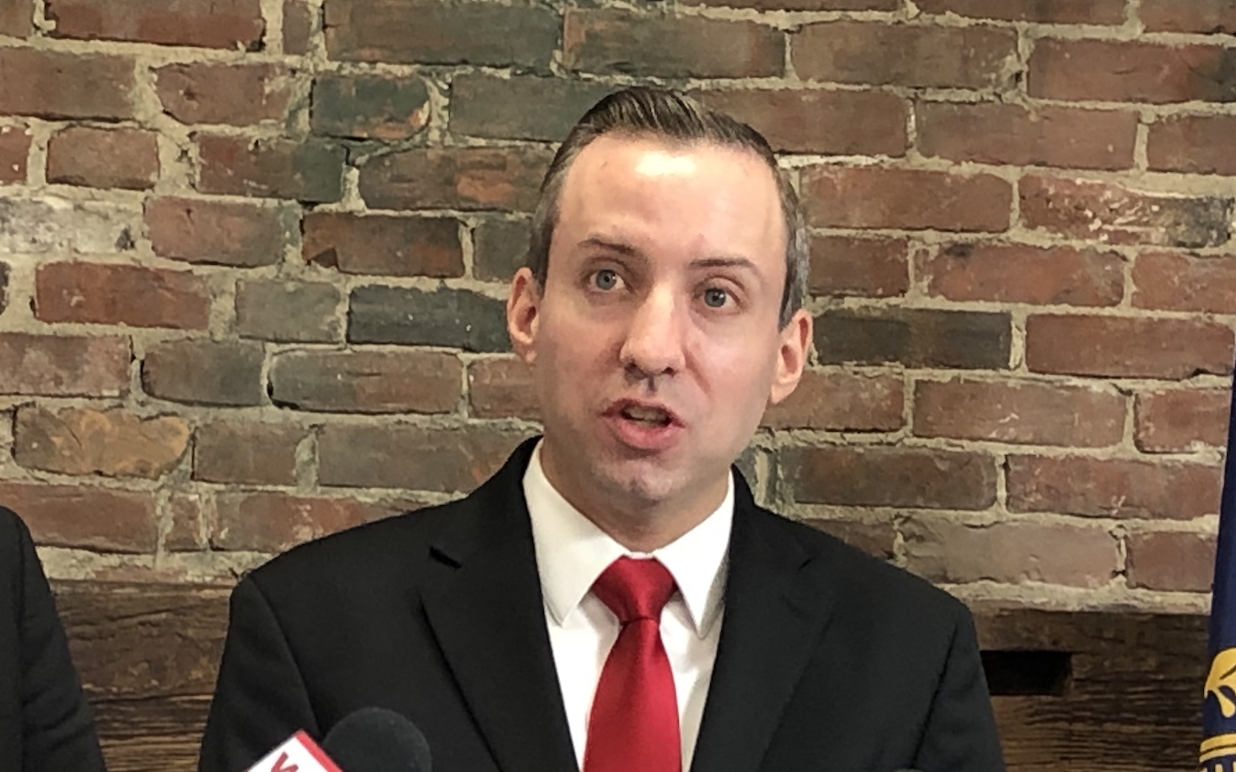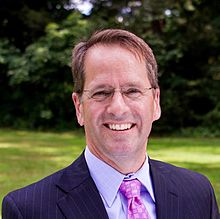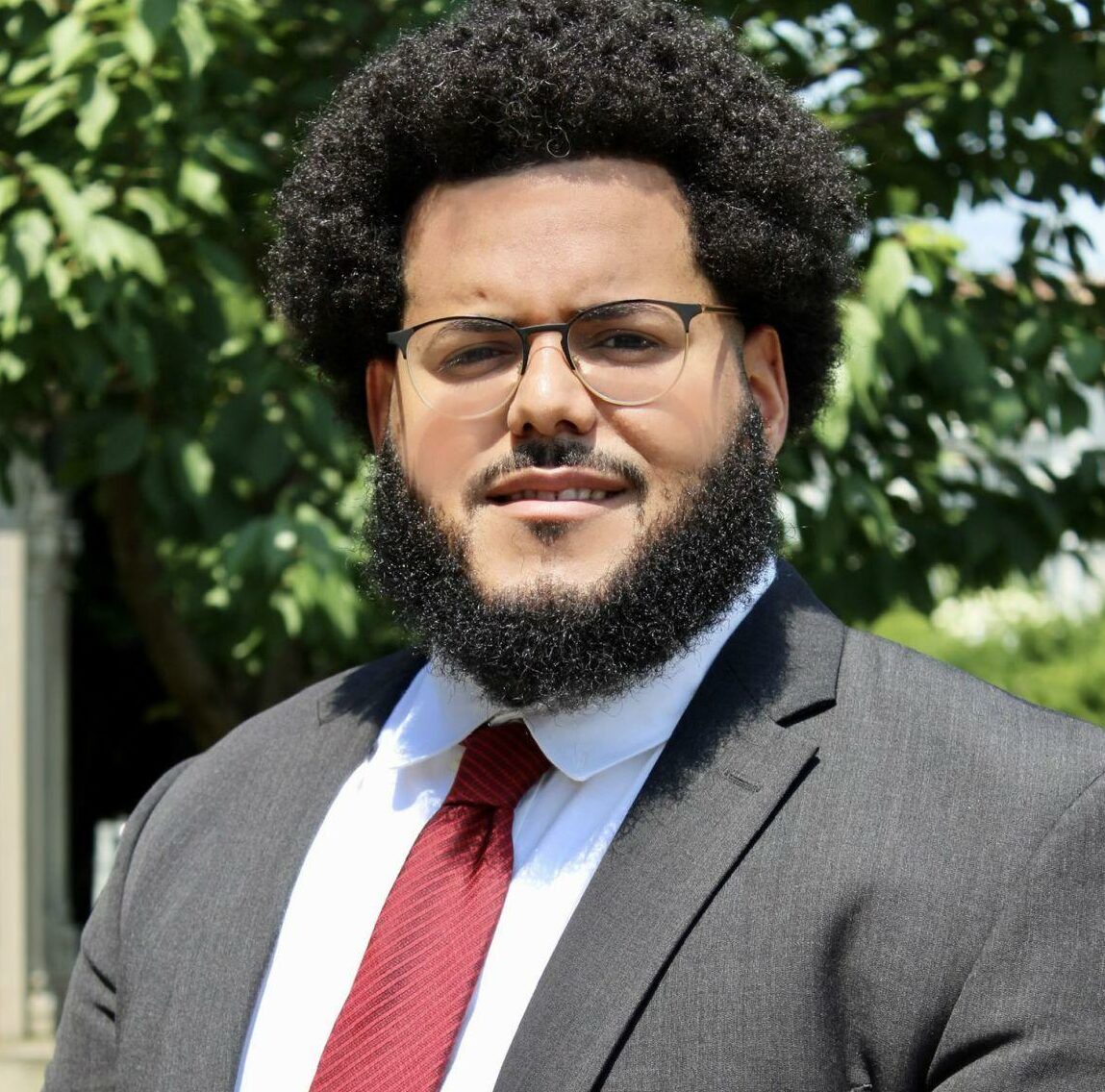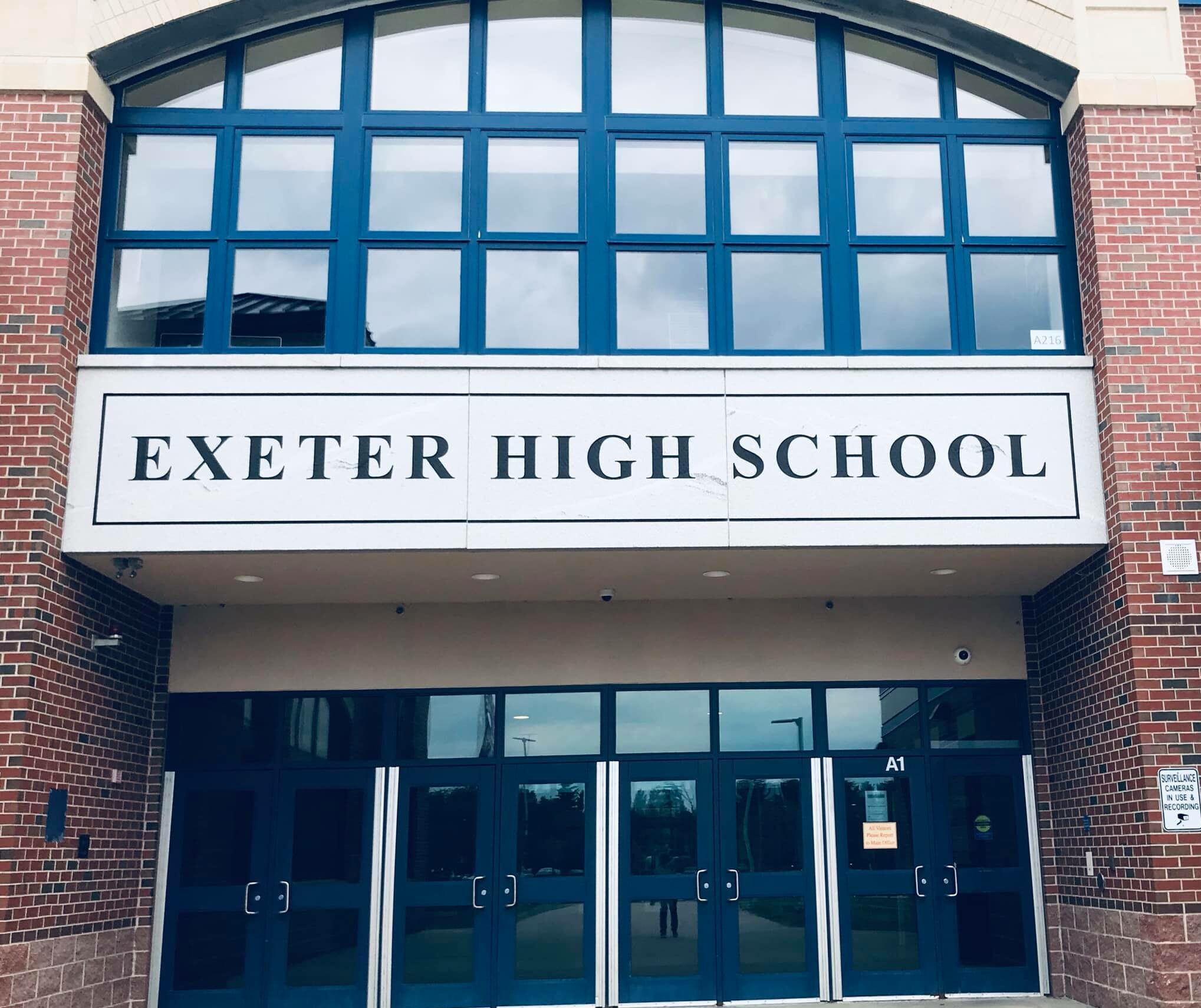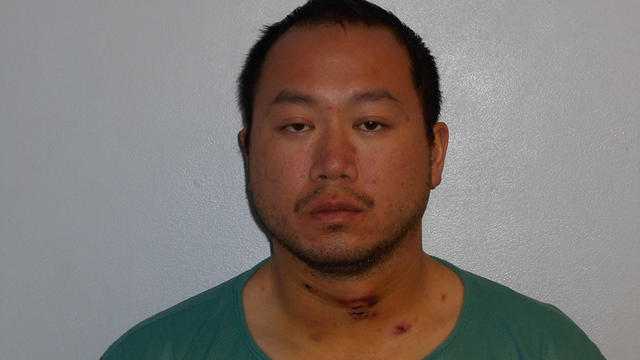Progressive Law Firm Denies Encouraging Schools to Obstruct ICE

Premier New England law firm Drummond Woodsum (DW) says it did not tell the school districts it represents in New Hampshire to break the law by destroying records containing student immigration data.
That’s because it is not illegal to destroy that data, Drummond Woodsum said in a statement sent to NHJournal.
“The advice we gave was similar to that provided by attorneys general in other states and was intended to support our clients in this time of uncertainty. We are dismayed that the content and purpose of the memo has been widely misrepresented,” the statement reads.
Drummond Woodsum sent a memo to school district clients in New Hampshire and Maine last week as President Donald Trump was issuing a flurry of new executive orders as part of his effort to deport millions of people who are in the country illegally. Among the orders is a directive to federal immigration agents to arrest people in sensitive areas like churches, hospitals, and schools.
According to the Drummond Woodsum memo sent last week, school district staff at times need to collect information on students’ U.S. citizenship, nationality, country of birth, U.S. entry date, the date a student first attended school, or the immigration status of the student or their parents or guardians.
But, the law firm warned, those districts should be careful not to keep that data.
“[T]his information should not be stored as part of a student’s education record and should be destroyed as soon as it is no longer needed,” according to the guidance they sent to some public schools.
After the Maine Wire reported on the memo, Drummond Woodsum issued its statement clarifying it does not encourage clients to obstruct immigration officials. Federal agencies already recommend schools destroy the sensitive data in question.
“Federal agencies have long advised schools not to maintain records of a student’s immigration status because doing so could be evidence of national origin discrimination; advice we reiterated in the memo. Contrary to what has been reported, DW did not – and never would – recommend that its clients violate state or federal law or destroy records to obstruct enforcement of the law,” the statement said.
The Family Educational Rights and Privacy Act prohibits school districts from sharing sensitive student and family information with anyone without either family consent, or court order. As Trump’s immigration orders and directives make it possible for federal agents to conduct investigations and raids in public schools, Drummond Woodsum took the proactive step to advise clients to be prepared.
“Schools are often faced with the challenging situation where they are required to quickly respond to frequently-changing federal rules and policies, reassure their community, and answer questions from their teachers and staff – this situation is no different,” the Drummond Woodsum statement reads.
There are not been any reports of ICE raids in schools or churches in New England.
Drummond Woodsum tilts decidedly left on the political spectrum. The firm includes a land acknowledgment on its website, honoring the ancestral lands of the native people who first inhabited Maine and New Hampshire.
“Our New Hampshire offices in Portsmouth, Lebanon, and Manchester reside on the ancestral lands of the Abenaki and Pennacook. We recognize that these lands, like so many others, were not given up freely but taken by colonizers through the forced displacement and cultural and physical genocide of these Indigenous peoples,” the acknowledgment states.
Individuals affiliated with the firm donated more than $46,000 to Vice President Kamala Harris in 2024, according to Open Secrets. Drummond Woodsum also touts its work for President Barack Obama and the Maine House Democratic Caucus on its website.
In New Hampshire, the firm’s Meghan Glynn defended the Manchester School District at the state Supreme Court in the lawsuit brought after a mother discovered school staff were socially transitioning her child into a different gender without the mother’s knowledge or consent.



